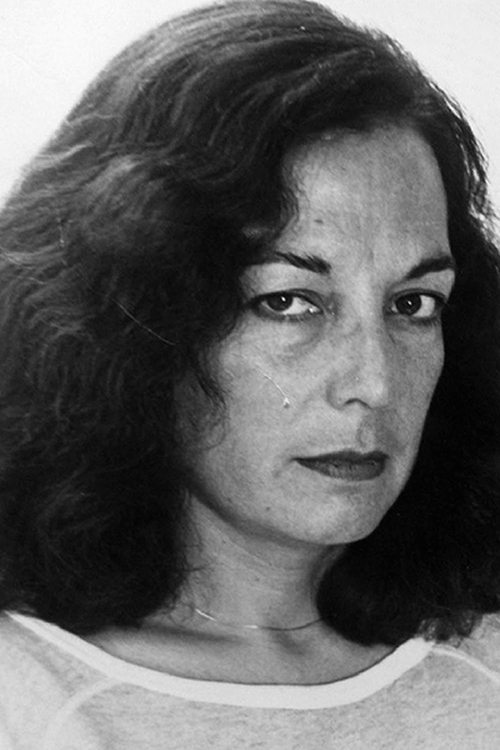Lotty Rosenfeld
Lotty Rosenfeld was a Chilean visual artist recognized for her career in the vanguard scene, which emerged in Chile after the military coup of 1973; her works have been characterized by calls for resistance and questioning of political authority. She was one of the founding members of the Colectivo Acciones de Arte (CADA), an interdisciplinary group that managed various interventions during the Chilean dictatorship.
She was born in Santiago and after graduating from the School of Applied Arts at the Universidad de Chile, Rosenfeld began to explore video art, intervention, performance and video installation among others.
In 1979 she founded CADA with visual artist Juan Castillo, poet Raúl Zurita, writer Diamela Eltit and sociologist Fernando Balcells. They performed in public spaces in the midst of the dictatorship, making historical actions such as "Para no morir de hambre en el arte" (1979); "ay Sudamérica" (1981) and "NO +" (1983); this last phrase became a common language of political protest beyond Chilean borders.
Parallel to the work on CADA, Lotty Rosenfeld made one of her most outstanding interventions in 1979 called "A Mile of Crosses on the Pavement", where she traces lines on the street, forming a cross. The intervention not only had an impact on a national level, but the artist replicated it in various international locations, especially those of great political power such as the White House in Washington or the Arc de Triomphe in Paris.
She died at the age of 77 from lung cancer in her last years. Among her many other works are "Una herida Americana" (1982), "Cautivos" (1989); and "Moción de Orden" (2002). He has several Altazor awards, and his works are in the Reina Sofia Museum, Spain and the Tate Gallery in London, among others.



